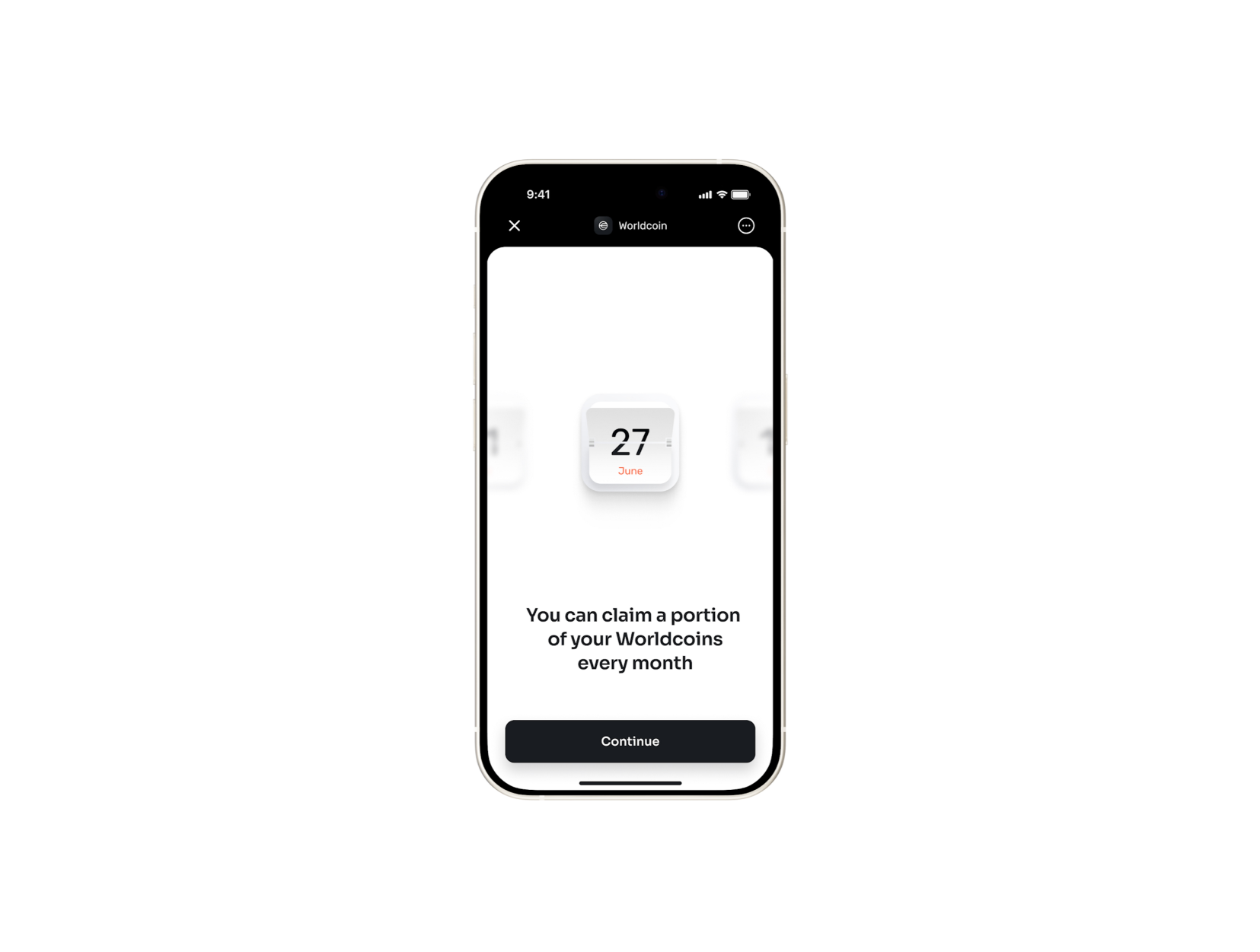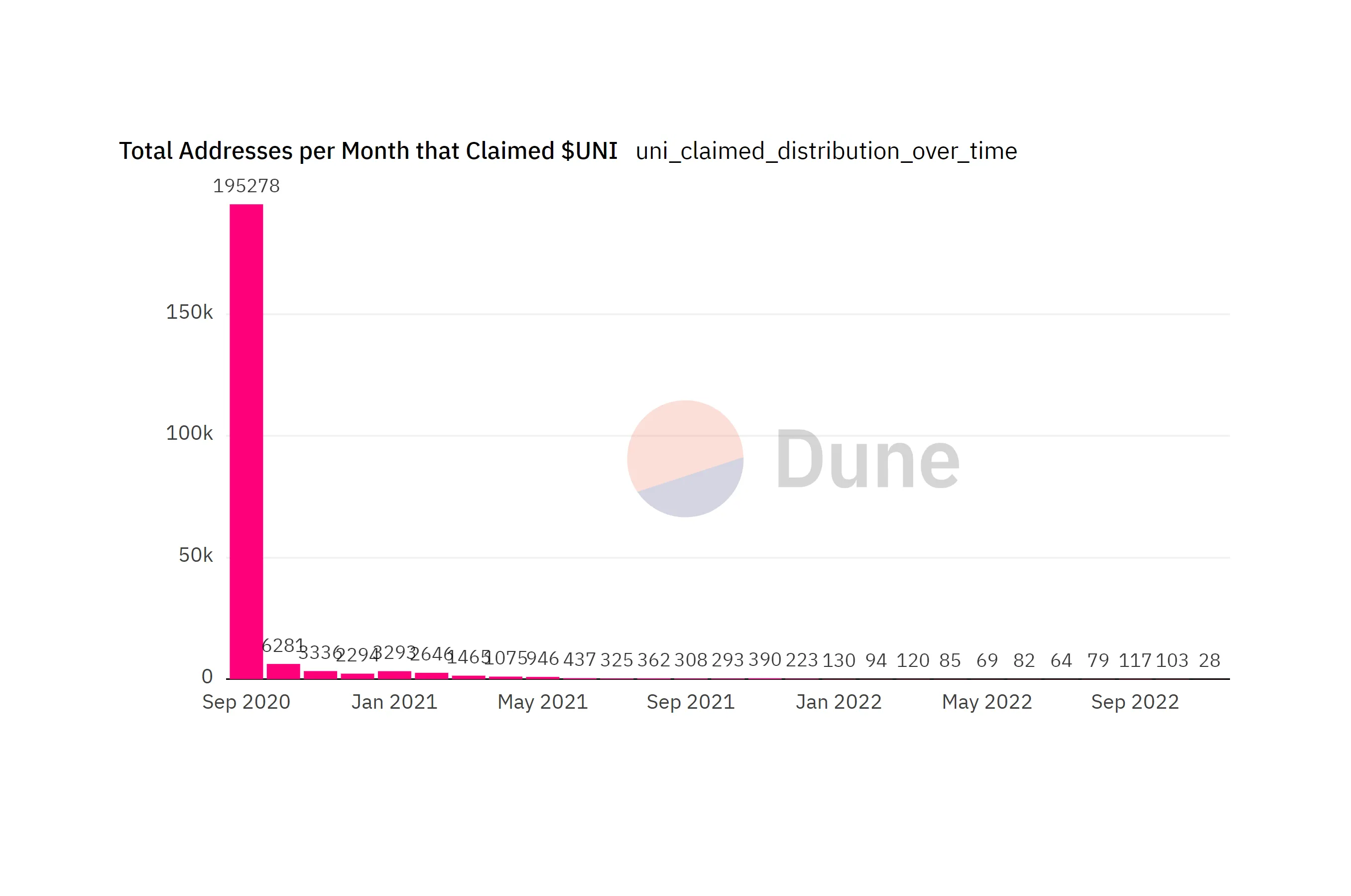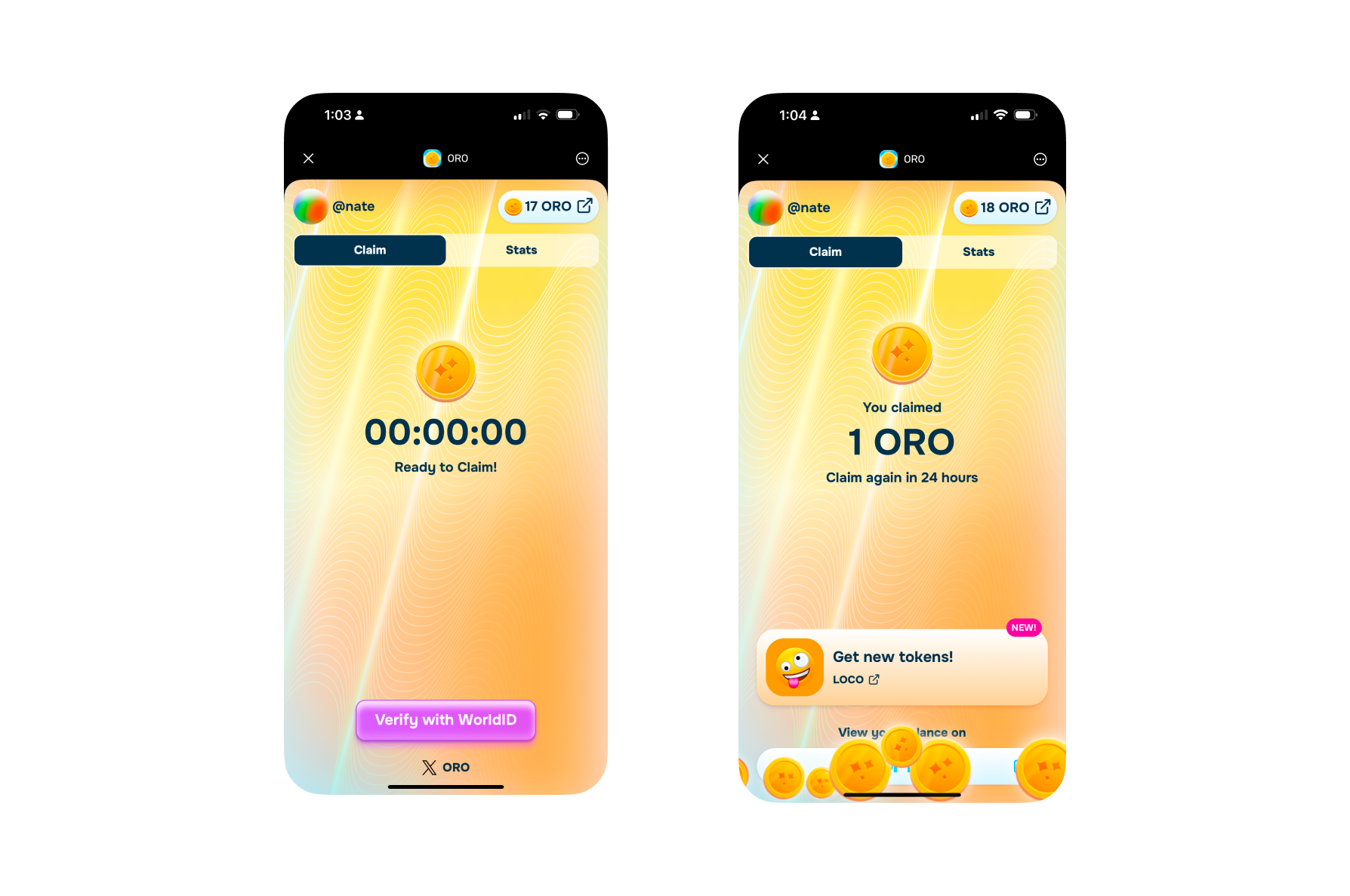Airdrops in an Age of Personhood
January 10, 2025
A cat and mouse game between token issuers and airdrop farmers has evolved over the last 5 years, with roughly mixed results for everyone. Points systems allow projects to add an interpretative layer to their airdrops & filter out sybil clusters. Unexpected airdrop criteria (github PRs?) can evade farming. And projects like Optimism have taken a hands-on approach, airdropping across waves in response to specific, strategic objectives.
Proof of personhood, though often considered in the context of governance, is a primitive for sybil resistance. Since airdrop farming is effectively a sybil attack, I'm thinking a lot about how PoP unlocks new kinds of token distributions.
With proof of personhood, airdrops can hold two unique properties at the same time:
- transparent, low-friction airdrop criteria: "use my product, get tokens"
- repeating airdrop claims: "use my product, get tokens every day"
Like points, users can collect an ever-increasing balance of rewards in exchange for simple, in-product actions. But, unlike points:
- users know the exact, real-dollar value of a net-new reward
- users have the option to instantly forfeit the reward for dollars
This changes the value prop from "collect additional units of ambiguous value that may convert to real value at some point in the future" to "get paid for pushing this button".

WLD claims in World App
Last time I ran the numbers in August 2024, 33% of the 6 million people who had received Worldcoin airdrops held over $20 of WLD. Imagine how many of those people would have bought WLD if given 20 dollars in cash? Probably like 1 in 500,000.
There are a few decades-old ideas in psychology that support this pattern. There's the endowment effect: we value a thing more when we already own it. There are positively skewed payoff preferences—we gravitate to situations where our downside is limited but our upside is theoretically unlimited. And there's a house money effect—we're more likely to take risks with money we got for free.
That said, those same principles could be used to justify traditional airdrops. In 2020, Uniswap airdropped $UNI to ~250k addresses. Two years later, only 6.7% of those addresses held any $UNI, and only 1% held more than their airdrop amount. How does a PoP airdrop like WLD make a difference?

A vanilla airdrop with the vast majority of claims happening at token launch
With PoP, airdrops can be liquid, transparent, and continuous across long time horizons without collapsing from abuse. For example, new users getting WLD each month for the first 2 years after they sign up. Or—in the case of ORO—every user getting 1 token, every day, forever.

ORO claims in World App
Repeat airdrop claims are a native interface for creating strong relationships between tokens and users. Let's say your product allows new users to make 50 airdrop claims, once per week, after they sign up. Even if your product does absolutely nothing else correctly—you get 50 chances to build a relationship between your product, the token, and the user—on top of the customer acquisition from the airdrop.
Traditional intellectual property creates value by making meaning and captures value by selling access to its meaning. A movie sells tickets. A brand attaches itself to commodities like hoodies or sneakers. But, tokens are a sort of intellectual property inversion. They seek distribution first and then leverage that distribution to build a sense of collective imagination, which is then valued by the market.
This is important because airdrops—i.e., free money—are an extremely friendly way to introduce users to new tokens. If market cap is the value of a token community's collective imagination, every airdrop claim is an opportunity for users to generate imagery.
Also, because these distributions don't need anything besides immutable smart contracts to be enforced, it's possible to altogether eliminate centralized interpretation layers that interfere with token value accrual and/or long-term inflation projections.
Concretely, proof of personhood means new tokens can slide into core product flows in ways that are much more friendly to users, simply because they are free, instant & easy to acquire, and not worthless. Plus—if your product is actually good and users keep coming back—every time a user logs in they build additional imagery that connects the token to your good product.